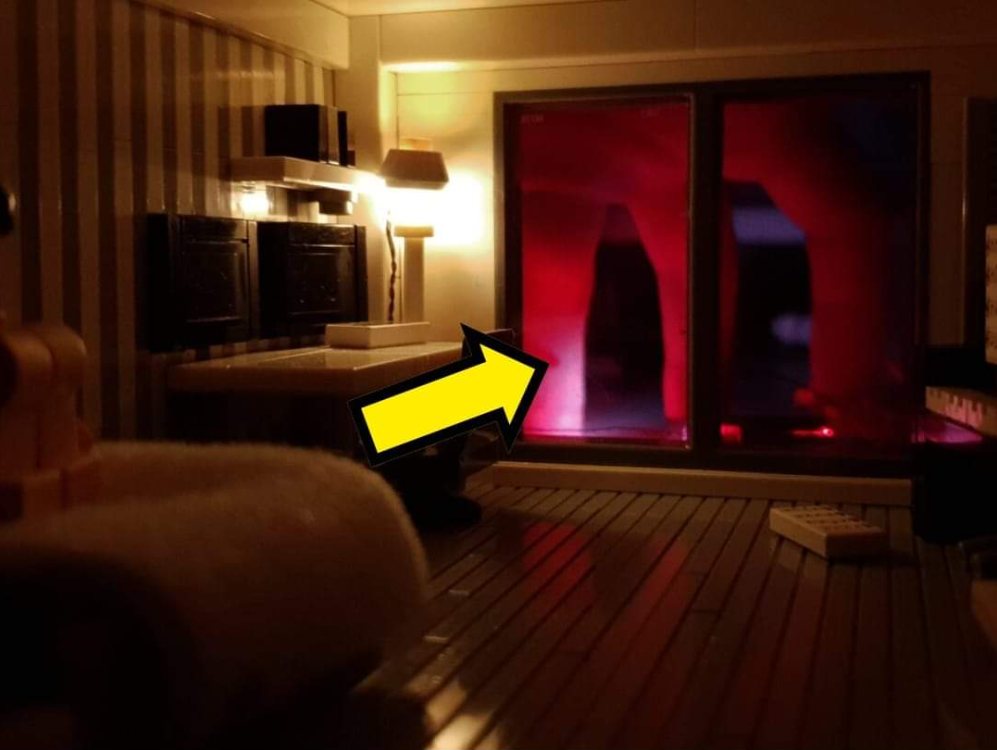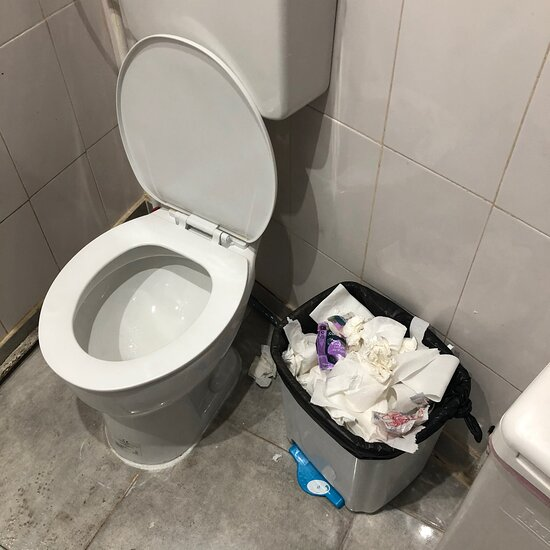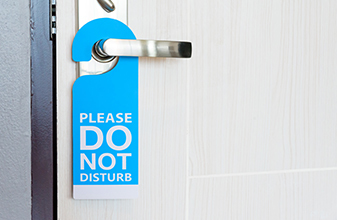When it comes to hotel stays, most travelers want a place to unwind and refresh. However, some rooms may harbor serious privacy, security, and cleanliness concerns that could put you at risk. Taking just a few moments to inspect your room can prevent unpleasant surprises and ensure a safer, more enjoyable experience. Here’s what to look out for as soon as you step into your hotel or motel room.

1. Two-Way Mirrors: A Threat to Privacy
Privacy is a top priority in any hotel room. But did you know that in rare cases, two-way mirrors have been found in accommodations, enabling individuals on the other side to view the room? Identifying these mirrors can protect you from a potential breach of privacy.
How to Identify a Two-Way Mirror
A simple trick can help you identify whether a mirror is two-way or standard. Place your fingertip against the mirror; in a regular mirror, there will be a small gap between your finger and its reflection. If your finger touches its reflection directly (with no gap), it could indicate a two-way mirror. While finding one in a reputable hotel is rare, this quick test gives you peace of mind, knowing your room is private.
2. Hidden Cameras: Staying Safe from Surveillance
Although hotels typically install cameras only in public areas, hidden cameras in private spaces have, unfortunately, become a growing concern. Malicious individuals have been known to hide small recording devices in various objects within hotel rooms, which could infringe on your privacy.
Where to Look for Hidden Cameras
Hidden cameras are often concealed in everyday items, including alarm clocks, smoke detectors, TV stands, and power outlets. To spot them, use your smartphone’s flashlight to check for unusual holes or glassy reflections in these devices. Pay special attention to any object with small, unexplainable openings. If you have suspicions, you can use your phone’s front-facing camera to detect infrared lights, which may be present in some cameras.
3. Hygiene and Cleanliness: The Telltale Signs of a Neglected Room
Sanitation is a basic expectation, but not all hotels maintain the same cleaning standards. A quick look at certain areas can tell you a lot about the cleanliness of your room. If these areas are neglected, it’s often a sign that deeper cleanliness issues may be present.
What to Inspect for Cleanliness
Begin with the bathroom. Check the faucets, showerheads, and any other fixtures for built-up dirt or residue. Dirty showerheads or moldy fixtures indicate poor maintenance and possible hygiene lapses throughout the room. Run your hand over surfaces like tables, counters, and windowsills for dust buildup, and inspect the bed linens closely for stains or hair. If you notice any of these signs, request a room change or even consider switching hotels.
Additional Hotel Room Safety Tips
Beyond the immediate checks for privacy and cleanliness, it’s essential to stay aware of some fundamental safety practices during your hotel stay. These added steps will help keep you and your belongings secure.
Check the Door Locks
Ensure that the door locks function properly, including the deadbolt and any additional security latches. This added layer of security can prevent unauthorized access to your room. If there’s an issue with the door’s locking mechanism, it’s best to request a different room.

Familiarize Yourself with Fire Exits and Safety Procedures
Upon entering your room, locate the nearest fire exits and read any posted evacuation procedures. In an unfamiliar setting, knowing the layout and safety protocols can be life-saving in an emergency.
Exercise Caution with Strangers
If someone knocks on your door claiming to be hotel staff, use the peephole to verify their identity. If you feel uncomfortable, call the front desk to confirm that staff were indeed sent to your room. This small step can prevent unwanted or suspicious individuals from gaining access.
Further Tips for Ensuring a Safe and Comfortable Stay
To add to your peace of mind, consider these best practices to keep your stay safe and enjoyable:
Choose Your Hotel Wisely
Research the location and reviews of any hotel before booking. Opt for well-lit, high-traffic areas, and avoid establishments in poorly reviewed or questionable neighborhoods.
Use the Hotel Safe for Valuables
If you’re traveling with valuables or important documents, store them in the hotel’s in-room safe or ask the front desk about additional safe storage options.
Maintain Privacy Around Your Room Number
Keep your room number private and avoid sharing it with strangers. This includes being cautious on social media; avoid posting information that could reveal your exact location.

Stay Aware of Surroundings in Common Areas
Take note of those around you, especially in hotel hallways, parking lots, or elevators. A quick check of your surroundings can help you avoid uncomfortable or unsafe situations.
Trust Your Instincts
If something feels off or uncomfortable, don’t ignore it. Whether it’s a strange noise or an uneasy feeling, trust your instincts. It’s okay to request a room change or even leave the hotel if you feel unsafe.
Final Preparations for a Safe and Secure Hotel Experience
When staying at any hotel, it’s essential to remain vigilant. Check-in should involve more than dropping off luggage—it’s an opportunity to inspect your surroundings, secure your belongings, and familiarize yourself with emergency procedures. By taking a few minutes to ensure everything feels secure, you can focus on enjoying your trip without worry.
Conclusion: Protecting Your Peace of Mind While Traveling
A little preparation goes a long way in making sure your hotel stay is both safe and comfortable. From privacy checks to security protocols, being aware of potential red flags in your room allows you to stay in control of your environment. Trust your instincts and prioritize your well-being. After all, a safe trip is a truly enjoyable trip, and a small amount of vigilance can make a big difference.


